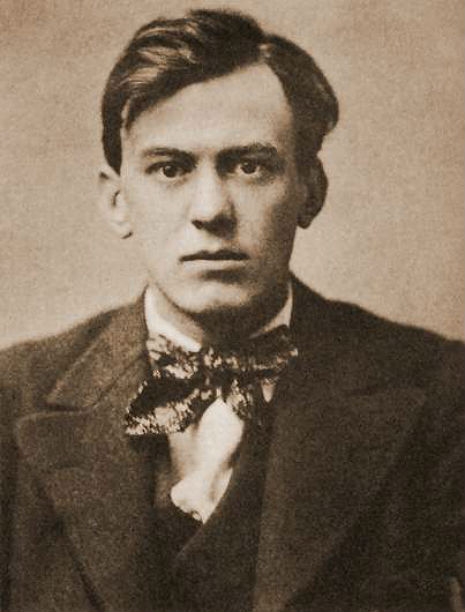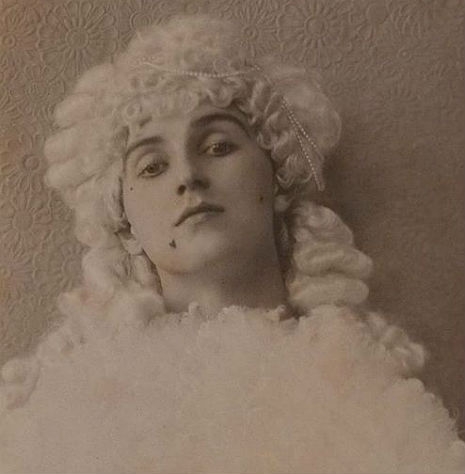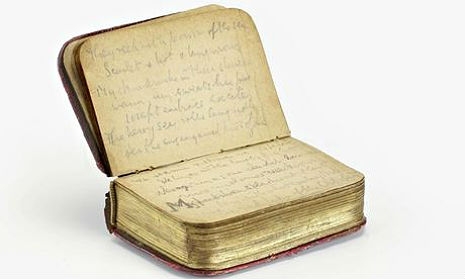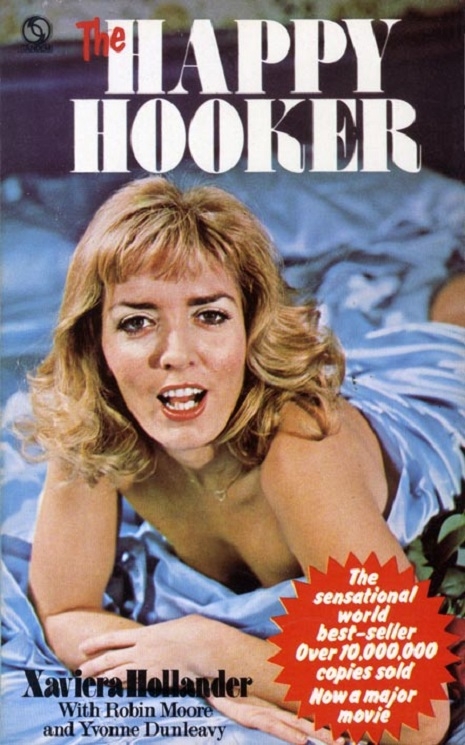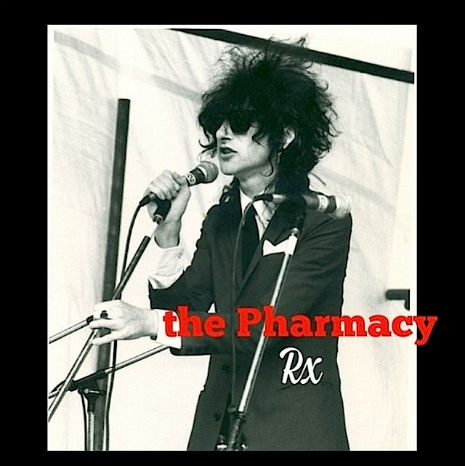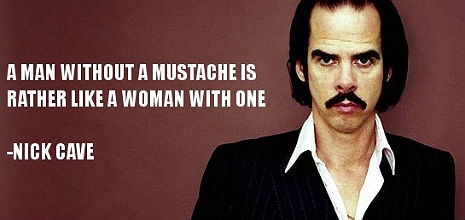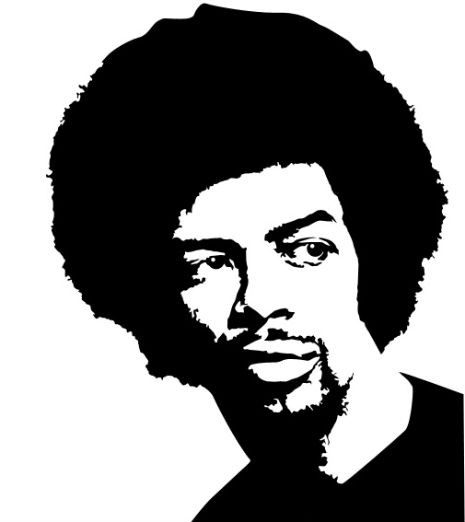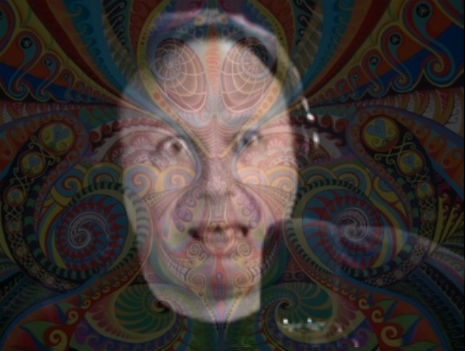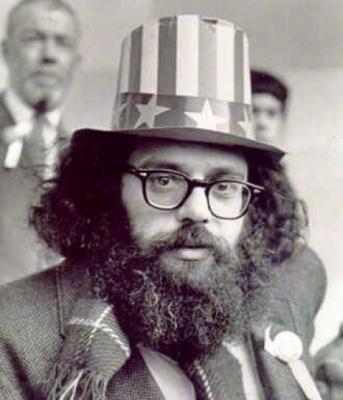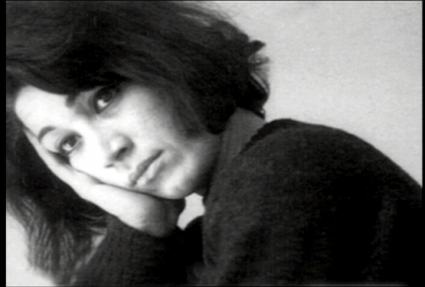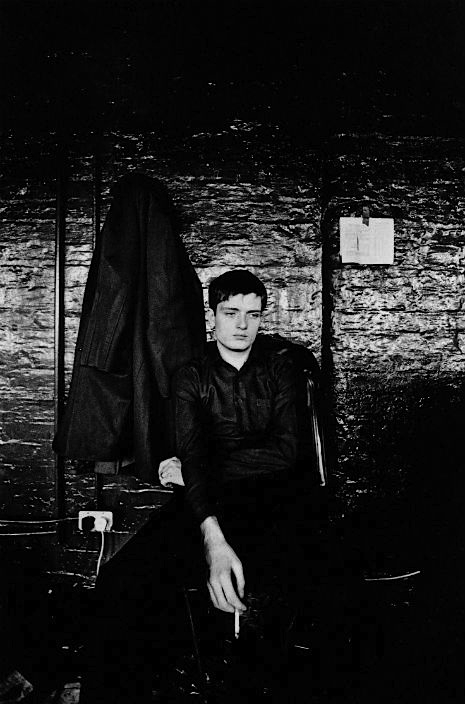
As a child Joy Division’s lead singer wanted to be stuntman. He went so far as setting up a specially constructed stunt that involved him jumping off a garage roof. Cheered on by friends, Curtis donned a crash helmet and took a giant leap off the roof. He landed badly and his ambitions for a career as a stuntman were over.
Thankfully, Curtis showed greater talent for writing poetry, and it would be his lyric writing and singing that eventually brought him fame. Now, one of his original poems, written circa 1966-67 when Curtis was at school, is to be sold next month at a “Beatles Rock ‘n’ Roll Memorabilia Auction,” with a starting bid of $1,200 (£1,000).
According to Tracks Auction the poem:
...is written on a piece of lined paper and is glued into a school book called Our Book Of Epitaphs along with poems from the other pupils in the class.
It reads, “An Epitaph for an Electrian (sic), Here lies Fred the electrian (sic), who went on a very fateful mission, he got a shock when tampering with a fuse, which went from his head right down to his shoes, by I. Curtis”.
Ian has also drawn a small picture of a man and a tombstone.
Hardly T. S. Eliot but certainly not McGonagall.
The poem is described as being in “excellent” condition and measures 6.5 inches x 3.75 inches. It is contained within a larger book of poems by fellow classmates which has some wear and tear and a few of the poems have become detached from the book.
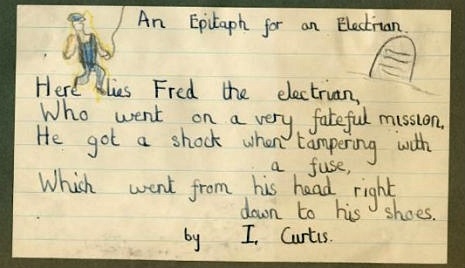
A letter confirming the poem’s authenticity from the owner and former classmate of the singer is included. The letter reads:
“I grew up on Hurdsfield Estate, Macclesfield where I attended Hurdsfield Junior School. I started Hurdsfield Junior School in 1963 where I met Ian Curtis, he was a fellow pupil in my class and we went through school together. Mr Young was our teacher when this piece of work was carried out, he himself has got a poem in the book along with myself and all the other pupils in the class. This poem was written in 1966 or 1967. I was presented with the book at the end of the school year for being head boy. At the time the head teacher was called Mr Tattasall. Ian Curtis lived on Grey Stoke Road, Hurdsfield Estate, I lived on Delemere Road, Hurdsfield Estate, Cheshire”.
As far as pop culture goes, it seems everything and anything is up for grabs, and amongst the other lots going under the hammer are Adam Ant’s 1981 “Prince Charming” shirt, Kate Bush’s handwritten lyrics for “Wuthering Heights,” various signed singles, albums, posters and concert programmes, and a shed load of Beatles’ memorabilia. I’m sure these will all make more than their asking prices and if you fancy bidding check details they are here.
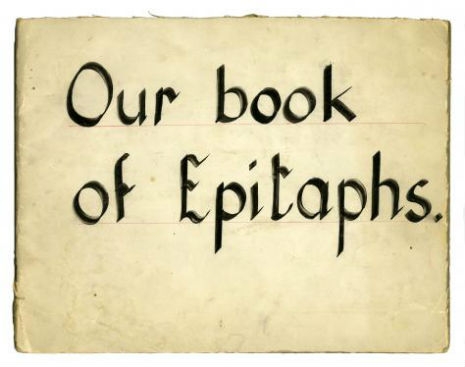
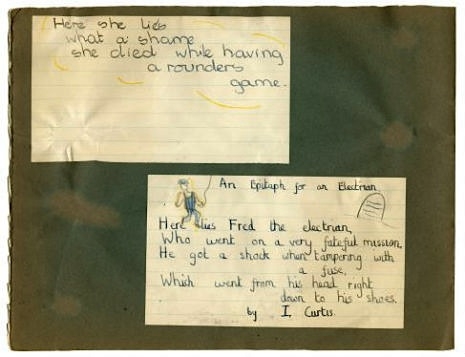
Below Kate Bush’s handwritten lyrics for ‘Wuthering Heights.’
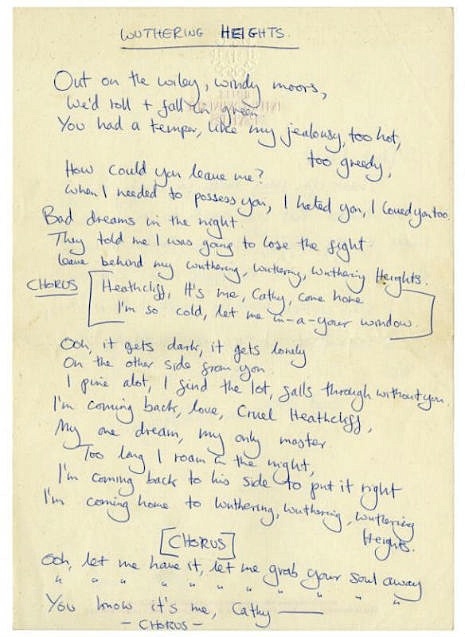
H/T Letters of Note







_SOCIAL_465_467_int.jpg)




